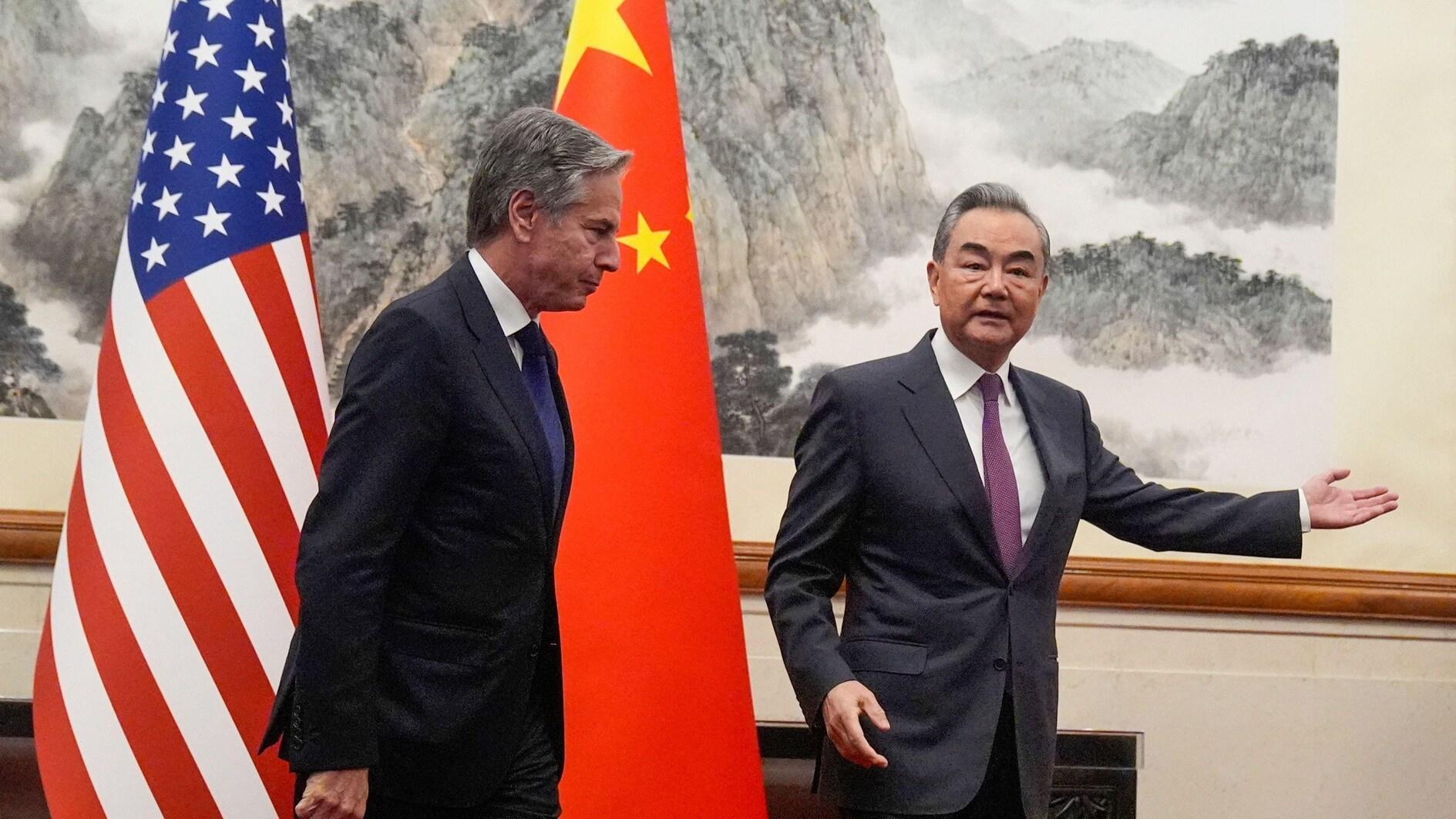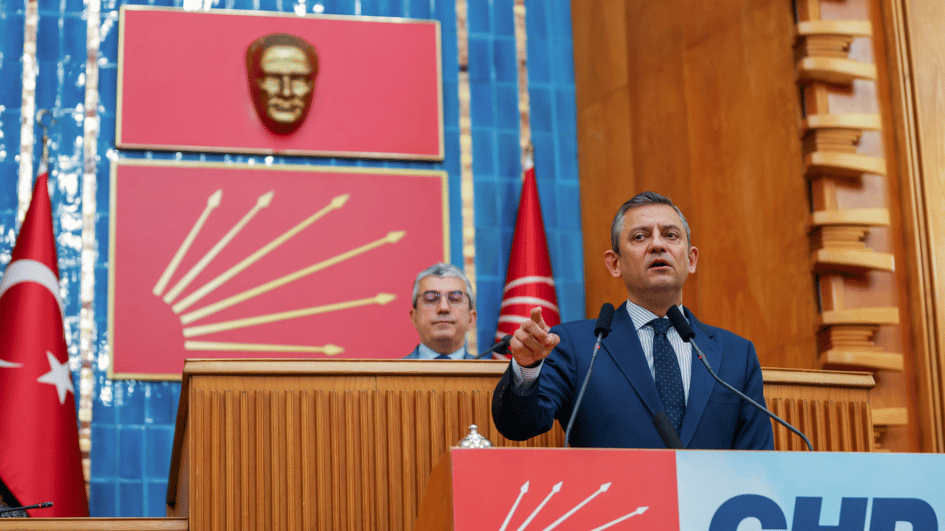Talks in hypocrisy
The Turkish and Greek Cypriot leaders of the divided island of Cyprus are continuing talks presumably aimed at reuniting the island in a federation, the parameters of which remain aloof. The two sides have not even agreed on the meaning of the word “federation” or the “bi-zonality” and “bi-communality” principles agreed on by the political forefathers of the current negotiators which long ago became two of the fundamental United Nations parameters for a Cyprus solution.
Since they started back in 1968 at a Lebanese hotel, the Cyprus talks process has come close to a resolution many times but somehow each time efforts nose-dived, demonstrating that either the “recipe” or some “ingredients” must be wrong otherwise a cake would have been baked long ago. Technically, since 1968 - as well as in the “goodwill” mandate the Security Council entrusted with the U.N. secretary-general - Cyprus talks have been continuing between the “representatives” of the two “communities” of the island of Cyprus.
That is, at the negotiations table the two communities of the island must have full equality. Technically, the Greek Cypriot leader, just like his Turkish Cypriot counterpart, has been at the talks as the “elected representative” of his people.
Greek Cypriots were categorically against a federal resolution up until 1977, when Archbishop Makarios changed his mind. In 1975 a verbal “population exchange accord” between the two sides allowed Turks to gather in the north. The northern Greek population had already mostly fled to the south in 1974 during the Turkish intervention. Thus, for the first time in the history of the island a bi-zonal situation was de facto established. In the 1977 and 1979 high level agreements (first between Archbishop Makarios and Rauf Denktaş and the latter between Spyros Kyprianou and Denktaş) it was agreed that a settlement on the island would be a bi-zonal and bi-communal federation. Still, what the two sides understood from what they agreed on back in 1977 and 1979 were totally different stories. Greek Cypriots have been insisting a unitary state called a “federation” would be enough, while Turkish Cypriots have demanded some sort of a confederation in the name of federation. Personally and for obvious reasons I would opt for confederation, if not two states, but anyhow the two sides were never ever could be as frank as this columnist or had the luxury of saying in clear terms what they were really interested in achieving.
The cake would have been baked and served long ago had there been good intentions and the willingness to embrace a bitter compromise and sustainable solution. The recipe was wrong. The ingredients were wrong.
Some 50 years later and they are still trying to bake a cake, with no success on the horizon. U.S. Secretary of State John Kerry “could not agree less” with a statement by Turkish Foreign Minister Mevlüt Çavuşoğlu, that “we are hoping to reach a settlement in Cyprus in 2016. Turkey’s side is ready… Talks slowed because of preparations for the Greek Cypriot elections in May. But after the elections we are hoping to reach a settlement and the United States is giving its full support to this process as well as Turkey.”
Hours before that statement, however, Ankara was lambasting a move by the Greek Cypriot government which indeed undermined the talks as well as Turkey’s rights in the Mediterranean Sea. As a similar crisis was not resolved with international diplomacy and Greek Cypriots, Turkish Cypriots and Turkey pledging some sort of a moratorium in off-Cyprus gas exploration moves, the Greek Cypriot side invited bids for a third licensing round, demonstrating once again its hegemonic approach towards Turkish Cypriots. The Foreign Ministry statement clearly stressed what was obvious and indeed what was the missing element which prevented the Cyprus cake from being baked for so long. It said the Greek Cypriot move demonstrated it was acting “as if it was the only owner of the island, something that disregards the basic rights of Turkish Cypriots, who are equal partners.” Bull’s-eye!
Turkey’s other objection was equally valid and crucial, as one of the plots Greek Cypriots were inviting tenders to was a clear violation of Turkey’s already U.N.-registered zone.
With all this going on, the natural expectation was for Turkish Cypriot leader Mustafa Akıncı to raise this issue with his Greek Cypriot partner Nikos Anastasiades at the latest session of the talks, warning him of the consequences and underlining no further meeting could be held if this aggressive and insulting behavior persisted. He should have stressed that Turkish Cypriots are “equal partners” of Greek Cypriots and any undertaking regarding the island’s natural resources must get Turkish Cypriot approval as well.
Akıncı only managed to say that it would create complications if the firms winning the bid started exploration after the tender process was completed. When? Ten months later, probably.
Reports indicated the “no” vote on the Greek side in a probable simultaneous separate referendum would be at around 85 percent this time. In the Turkish side there appears to be a surge in the “no” votes as well, but so far the “undecided” share and those “well, we might think again” votes appear to be 50-50.
Will there be a Cyprus settlement this time? Çavuşoğlu says “probably” and Kerry “can agree less” but the ingredients are not on the table at all. When and if Greek Cypriots agree the island is a “common home” of “two equal peoples,” then, no problem, there will be a resolution, but only at that moment. A deal before than would just mean laying the ground for more problems in a short period.











